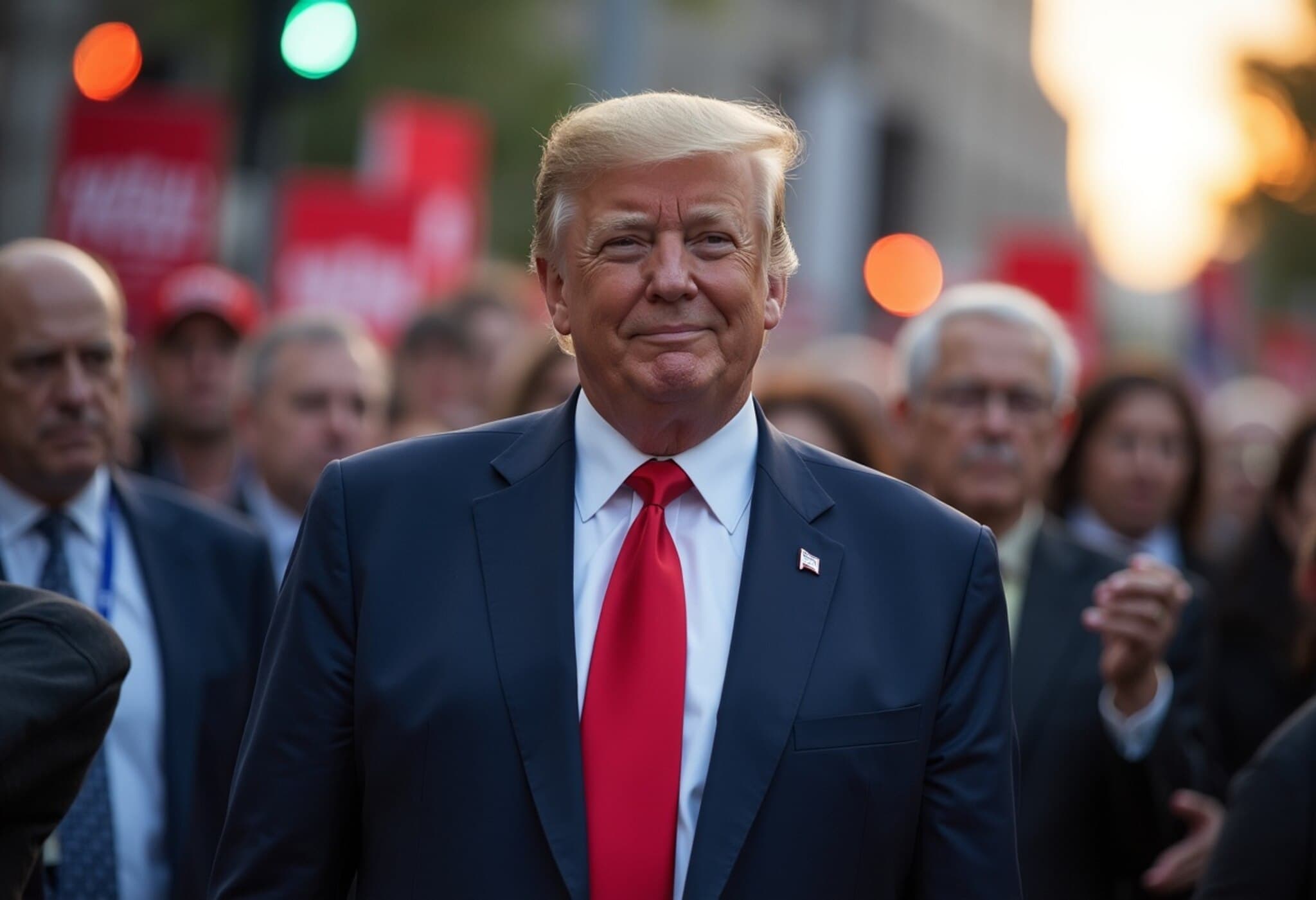UK Government to Grant Voting Rights to 16 and 17-Year-Olds
In a landmark move set to reshape British democracy, the UK government, led by Prime Minister Keir Starmer, announced plans to extend the right to vote to citizens aged 16 and 17. This bold policy shift, slated for implementation in the 2029 general elections, marks one of the most significant expansions of suffrage in recent British history.
Rebuilding Trust in Democracy Through Youth Engagement
Deputy Prime Minister Angela Rayner emphasized the government's motivation, framing the change as a vital step toward restoring public faith in democratic institutions. "For too long, public trust in our democracy has been damaged, and faith in our institutions has been allowed to decline," Rayner stated. "We are taking action to break down barriers to participation that will ensure more people have the opportunity to engage in UK democracy… delivering on our manifesto commitment to give 16-year-olds the right to vote."
Why Lower the Voting Age?
The rationale for this enfranchisement lies in recognizing that many young people at 16 and 17 are already active contributors to society. By this age, a significant number begin working, paying taxes, and even serving in the military. Minister for Democracy Rushanara Ali described the change as "a generational step forward in restoring public trust and boosting engagement in UK democracy." Advocates argue that allowing younger voters cultivates lifelong voting habits and ensures policies better reflect the perspectives of younger generations.
Toward More Automated and Accessible Voter Registration
Alongside lowering the voting age, the UK government signaled a commitment to modernizing voter registration processes. While not instituting automatic voter registration outright, officials plan to implement "an increasingly automated voter registration system," aimed at simplifying participation and reducing administrative burdens for citizens engaging with various government services.
A Global Trend: Where Else Can Teens Vote?
With this reform, the UK joins a growing list of countries that permit voting before the age of 18. Several nations, including Brazil, Austria, Cuba, and Malta, already enfranchise 16-year-olds, while others like Indonesia, Greece, and Timor-Leste allow voting from age 17. This global trend reflects a shift toward acknowledging the political rights and responsibilities of younger citizens, often correlating with increased civic education and youth activism.
Potential Implications for British Politics and Society
This expansion of the electorate may profoundly influence the UK’s political landscape. Younger voters often bring fresh perspectives and priorities, with issues like climate change, education, and social justice ranking highly. Engaging this demographic early could encourage more responsive policy-making and invigorate party strategies focused on youth concerns. Nevertheless, questions remain regarding how political parties will reach and mobilize these new voters effectively and whether voter turnout among 16 and 17-year-olds will meet expectations.
Expert Insight
Dr. Eleanor Hughes, a political scientist specializing in electoral behavior, notes, "Lowering the voting age is not merely symbolic; it recognizes the evolving responsibilities of youth and can strengthen democratic resilience by fostering early political participation. However, it must be accompanied by robust civic education to ensure informed voting." The success of this policy will likely hinge on comprehensive educational initiatives and accessible voter engagement programs.
Editor’s Note
The decision to enfranchise 16 and 17-year-olds signals the UK’s willingness to adapt democratic systems to contemporary realities. As younger citizens become formal participants in shaping the nation’s future, this development raises essential questions: How will the political establishment evolve to meet their expectations? What measures will ensure their voices are informed and impactful? And can this move reverse declining trust in democratic institutions? As the 2029 elections approach, all eyes will be on how this new generation exercises their hard-won right to vote.











